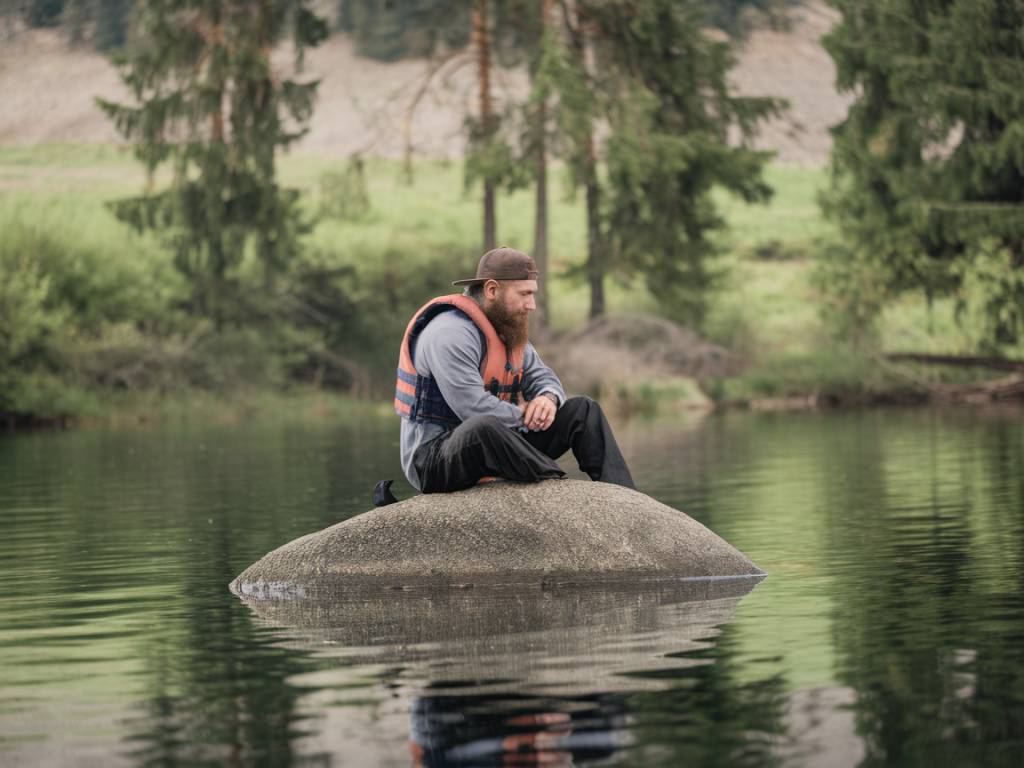
Planning a successful off-grid adventure: what you need to know
Planning a successful off-grid adventure can be an exhilarating and rewarding experience. Whether you’re yearning for solitude, adventure, or a bit of both, going off-grid allows you to disconnect from the hustle and bustle of daily life and reconnect with nature on your own terms. However, it’s crucial to be well-prepared to ensure your adventure is enjoyable and safe. Here’s everything you need to know to plan and execute a successful off-grid adventure.
Selecting Your Destination
The first and most crucial step in planning an off-grid adventure is selecting the right destination. The location significantly influences the type of preparations you’ll need to make. Consider the following when choosing your destination:
- Accessibility: How easy or difficult is it to reach the location? Some off-grid destinations may require special transport methods like 4×4 vehicles, boats, or even helicopters.
- Climate: Understanding the seasonal weather patterns is critical. Weather will affect your packing list, the equipment you need, and the activities you can safely enjoy.
- Activities: What do you want to do? Hiking, fishing, hunting, or simply camping? Your interests will guide you to the appropriate place.
- Permits: Some locations may require permits for camping, hiking, or certain activities like fishing or hunting.
Essential Gear and Equipment
Your gear can make or break your off-grid adventure. Being off-grid means you’ll need to be self-sufficient, so packing correctly is crucial.
- Shelter: A high-quality tent or hammock designed for the specific climate you’ll be in. Consider a waterproof, wind-resistant model.
- Sleeping Bag: Choose a sleeping bag suited to the expected temperatures. For colder climates, a sleeping bag with a temperature rating lower than the lowest expected temperature is ideal.
- Backpack: A durable, waterproof backpack with enough storage for all your gear. Make sure it’s comfortable and fits well.
- Navigation Tools: A reliable GPS, compass, and detailed maps of the area. Digital tools like offline maps on your smartphone can also be valuable but don’t rely solely on them.
- Lighting: Headlamps, lanterns, and flashlights with extra batteries. Solar-powered options can be very effective.
- Cooking Equipment: A portable stove, fuel, pots, pans, and utensils. Consider lightweight, easy-to-clean options.
- Water Filtration: A water filter or purification tablets. Knowing how to find and purify water in the wild is essential.
- First Aid Kit: A comprehensive first aid kit with medications, bandages, and tools like tweezers and scissors.
Clothing and Footwear
Appropriate clothing can keep you comfortable and safe. Consider the following:
- Layering: Dress in layers to adjust to changing temperatures. Base layers for moisture control, insulating layers for warmth, and outer layers for wind and rain protection.
- Footwear: Durable, waterproof hiking boots with good ankle support. Consider bringing an extra pair of shoes for camp use.
- Accessories: Hats, gloves, and socks suited to the climate. Sunglasses and sunscreen for sun protection.
Food and Nutrition
Food is crucial for maintaining energy levels. Plan meals that are easy to prepare and nutritionally balanced.
- High-Energy Foods: Nuts, dried fruits, jerky, and energy bars.
- Lightweight Ingredients: Dehydrated or freeze-dried meals that only require water.
- Cooking Essentials: Salt, pepper, spices, and lightweight cooking oil.
Safety Precautions
Your safety is non-negotiable when off-grid. Take these precautions seriously:
- Inform Someone: Always let someone know your detailed plan, including destinations, expected return time, and contact methods.
- Emergency Gear: A satellite phone or personal locator beacon (PLB) is essential for emergencies when there’s no cell signal.
- Wildlife Awareness: Knowing the wildlife in your area can help you prepare and react appropriately, whether it’s carrying bear spray or understanding snakebite protocols.
- First Aid Knowledge: Having basic first aid knowledge can be the difference between a minor mishap and a serious issue.
Leave No Trace Principles
Respecting nature is paramount. Following Leave No Trace principles ensures that your adventure doesn’t negatively impact the environment, helping to preserve the wilderness for future adventurers.
- Plan Ahead: Knowing the regulations and special concerns for your chosen area.
- Travel and Camp on Durable Surfaces: Stick to established trails and campsites.
- Dispose of Waste Properly: Pack out all trash, leftover food, and litter.
- Leave What You Find: Preserve the past; examine, but do not touch cultural or historic structures and artifacts.
- Minimize Campfire Impact: Use a lightweight stove for cooking and enjoy a candle lantern for light.
- Respect Wildlife: Observe wildlife from a distance and never feed animals.
- Be Considerate of Other Visitors: Respect other visitors and protect the quality of their experience.
Practice Makes Perfect
Before embarking on your off-grid adventure, practice some of your skills and test your gear. Set up your tent in your backyard, practice using your water filter, and try cooking a meal on your portable stove. Familiarity with your gear can save time and reduce stress in the wild.
Physical and Mental Preparation
Off-grid adventures can be physically and mentally demanding. Ensure you’re in good health and shape. Regular exercise, especially activities like hiking and strength training, can help prepare your body. Mental preparedness is just as important; being comfortable with solitude and knowing how to handle anxiety or stress will contribute to a successful adventure.
Resource Management
Efficient management of your resources – especially food, water, and fuel – is key to a successful off-grid adventure. Plan your daily consumables meticulously and always have a buffer to cover unexpected circumstances. Overconsumption early in your trip can lead to critical shortages later on.
Adapting to Conditions
Mother Nature is unpredictable. Flexibility and adaptability are your best allies. Weather can change abruptly, and unexpected challenges may arise. Being adaptable means having contingency plans and being willing to adjust your itinerary or approach as necessary.
In essence, planning a successful off-grid adventure requires attention to detail, thorough preparation, and respect for nature. By considering each aspect carefully – from selecting a destination and packing the right gear to practicing Leave No Trace principles and staying flexible – you can ensure your adventure is not only successful but also enriching and fulfilling. Happy adventuring!

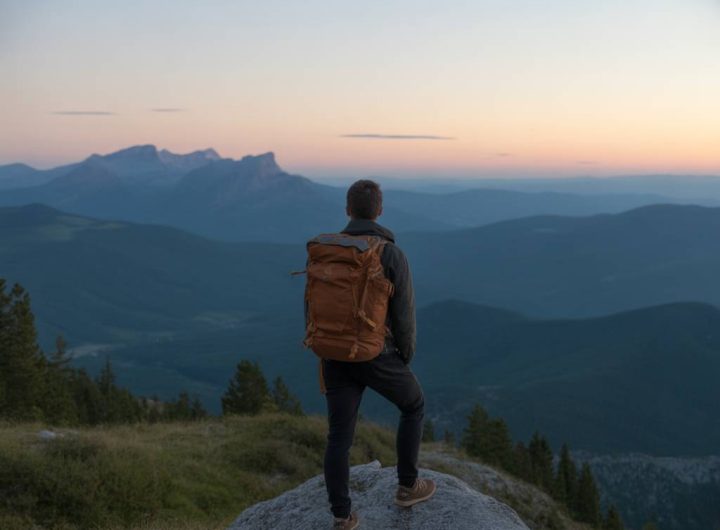 Microaventures près de chez vous : comment vivre l’aventure sans quitter votre région
Microaventures près de chez vous : comment vivre l’aventure sans quitter votre région 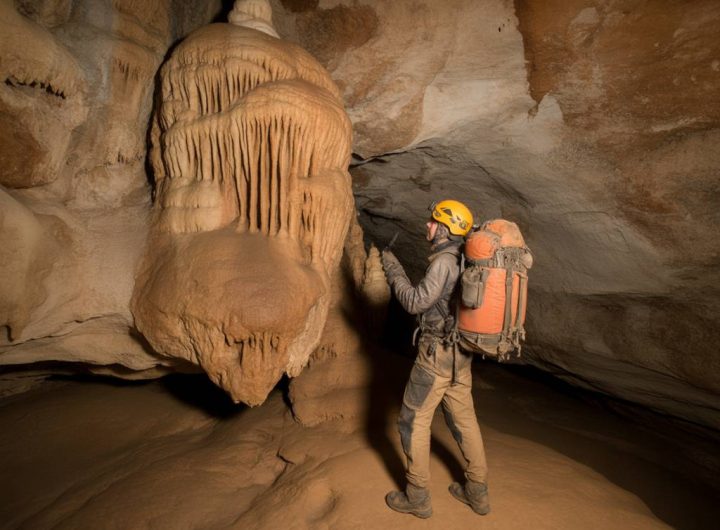 Caving Adventures: Exploring the World’s Most Fascinating Underground Destinations
Caving Adventures: Exploring the World’s Most Fascinating Underground Destinations 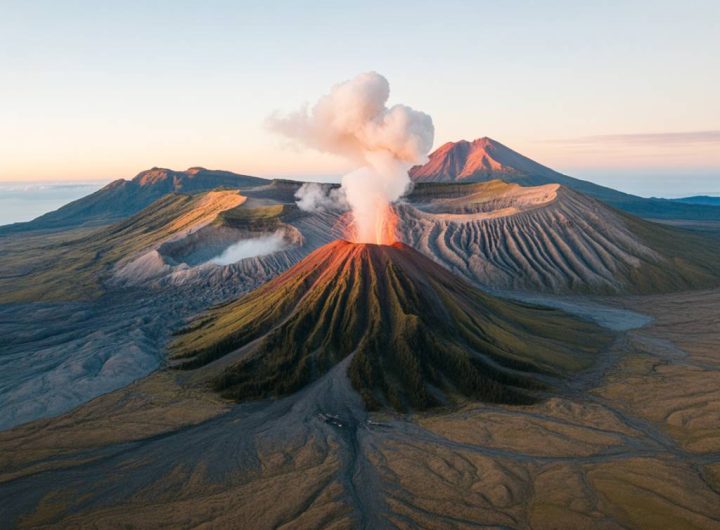 Exploring Volcanic Landscapes: Top Adventure Destinations Around Active Volcanoes
Exploring Volcanic Landscapes: Top Adventure Destinations Around Active Volcanoes 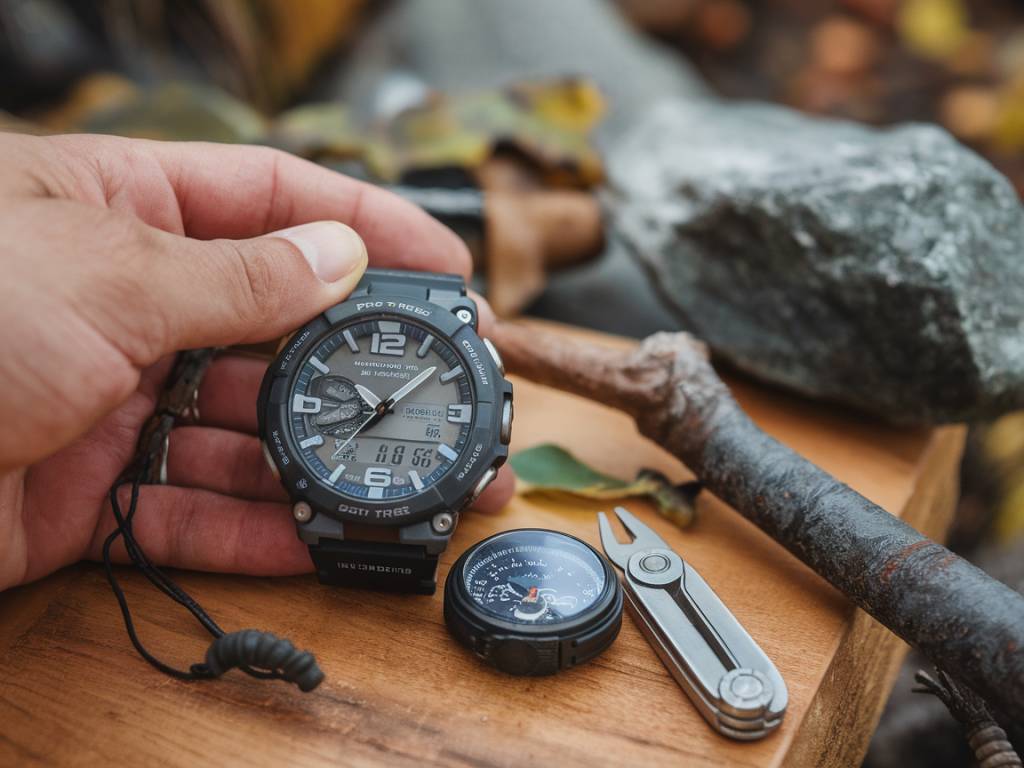 Top 5 adventure watches with gps and survival features
Top 5 adventure watches with gps and survival features 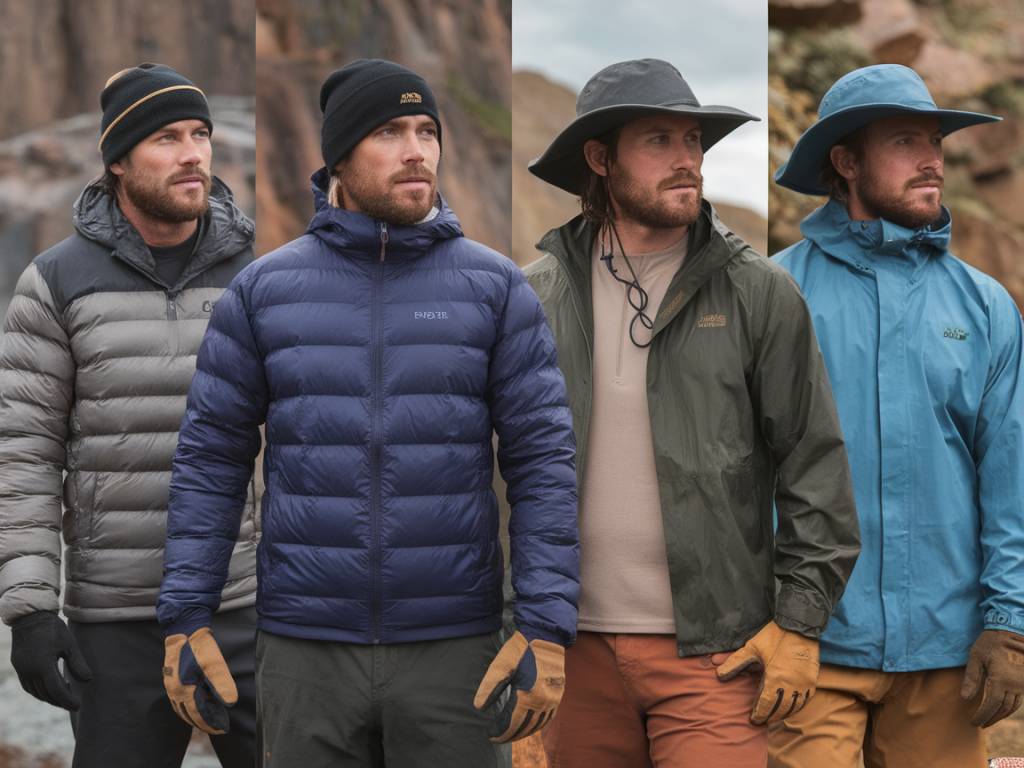 How to choose the right adventure clothing for every climate
How to choose the right adventure clothing for every climate  The best adventure books to inspire your next journey
The best adventure books to inspire your next journey 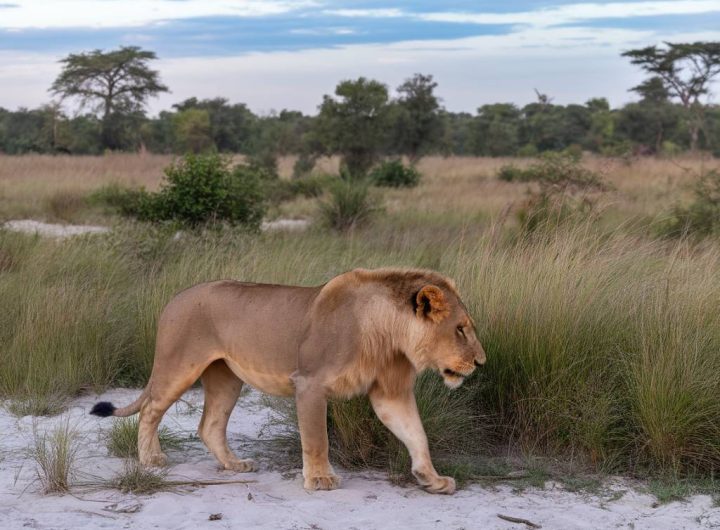 Best African safari destinations: top 5 experiences in Africa
Best African safari destinations: top 5 experiences in Africa